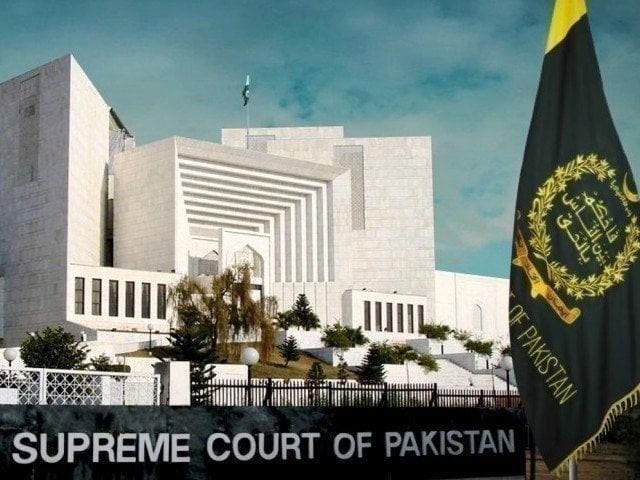SC revises court procedures
Apex court new rules replace four-decade-old framework

After a gap of 45 years, the Supreme Court has issued new procedural rules titled Supreme Court Rules 2025, formally repealing the Supreme Court Rules 1980.
Aimed at enhancing transparency, efficiency and overall effectiveness in judicial proceedings, Chief Justice of Pakistan (CJP) Yahya Afridi has constituted a committee, headed by Justice Shahid Waheed and comprising Justice Irfan Saadat Khan, Justice Naeem Akhtar Afghan and Justice Aqeel Ahmed Abbasi, to draft the new rules.
The committee sought proposals from judges, the SC office, as well as bar councils and associations. The new rules are being applied with effect from August 6.
It has been clarified that any proceedings already pending under the revoked rules – whether by way of application, petition, appeal, reference or review – shall continue and be disposed of as if the new rules had not been made. "If any difficulty arises in giving effect to any of the provisions of these Rules, the Chief Justice of Pakistan, on the recommendations of a committee to be constituted by him, may make such order, not inconsistent with the provisions of these Rules, as may appear to him to be necessary for the purpose of removing such difficulty."
Under the new rules, the time limit for filing criminal appeals, criminal petitions for leave to appeal and direct civil appeals has been extended from 30 days to 60 days.
Appeals against registrar office objections must be filed within 14 days, while review petitions against SC judgments must be filed within 30 days.
"Application for review shall be filed in the Registry within thirty days after the pronouncement of the judgement or order, as the case may be, which is sought to be reviewed," the draft states. Applicants are required to notify the opposing party immediately after filing the review application and send a copy of the notice to the Registry. Every review application must be accompanied by a certified copy of the judgment or order being challenged.
If it is based on newly discovered evidence, certified copies of relevant documents must be attached along with an affidavit explaining the circumstances of the discovery.
The advocate or party signing the application must briefly specify the points on which the review is sought and provide a certificate confirming that a review is justifiable in accordance with the law and practice of the court. The certificate must be in the form of a reasoned opinion.
The new rules state that costs for proceedings will be at the court's discretion, but not less than Rs25,000. Interveners will not be entitled to costs unless otherwise ordered.
If the hearing of a case is delayed due to an advocate-on-record's neglect, such as failing to attend or provide necessary documents, the court may direct that advocate to personally bear the costs.
Where adjournments are sought without sufficient cause, compensatory costs may be imposed on the advocate or party. The same applies to those filing false or vexatious proceedings that waste the court's time. No court fee will be charged for jail petitions.
Regarding constitutional matters, the rules provide that any petition, appeal, or review involving the original jurisdiction of the court under Article 184, the appellate jurisdiction under clause (3) of Article 185 (where a High Court judgment involves the constitutionality of a law or a substantial constitutional question), or the advisory jurisdiction under Article 186 shall be heard by a constitutional bench constituted under Article 191A of the Constitution.
Such a bench will consist of no fewer than five judges, nominated by the committee. If the judges hearing a matter are equally divided in opinion, the committee may refer it either to another judge or to a larger bench.



















COMMENTS
Comments are moderated and generally will be posted if they are on-topic and not abusive.
For more information, please see our Comments FAQ